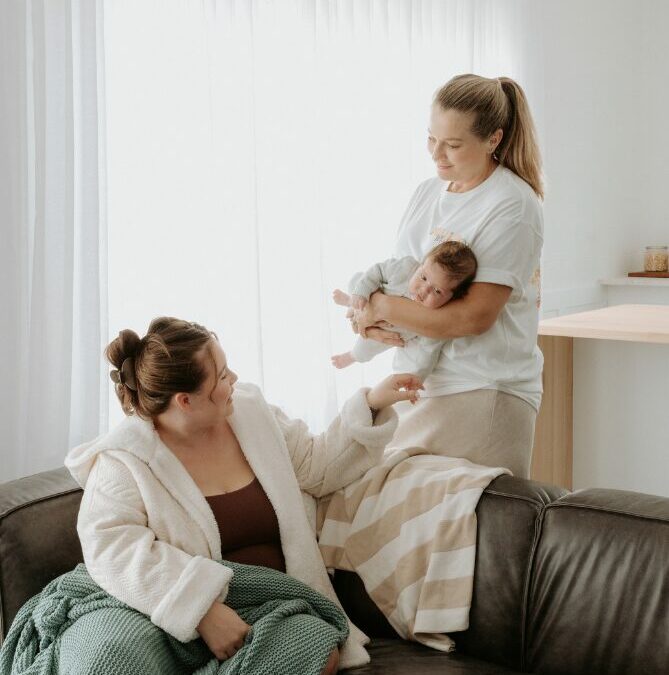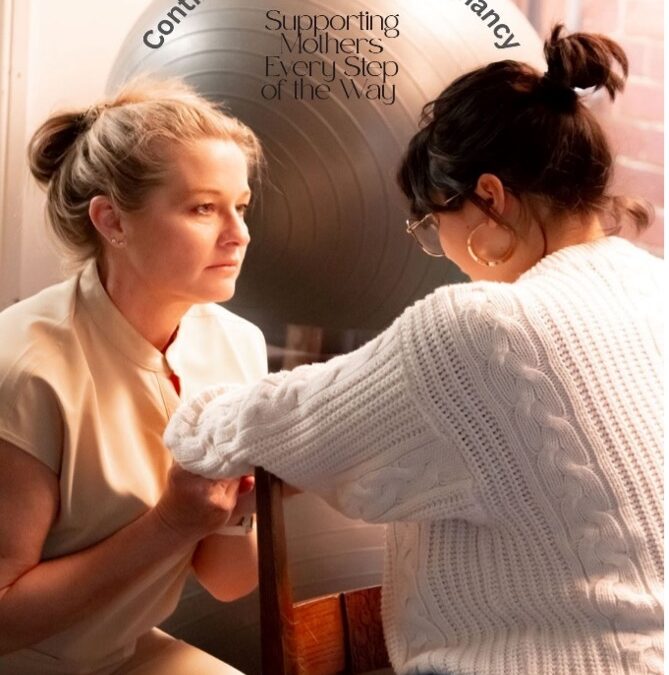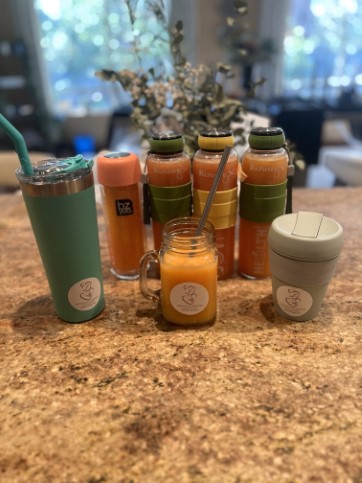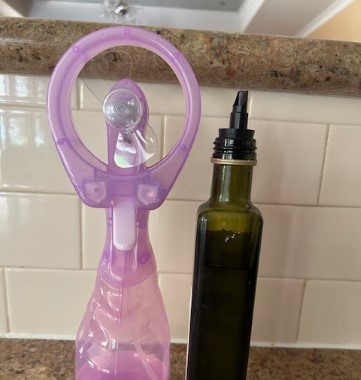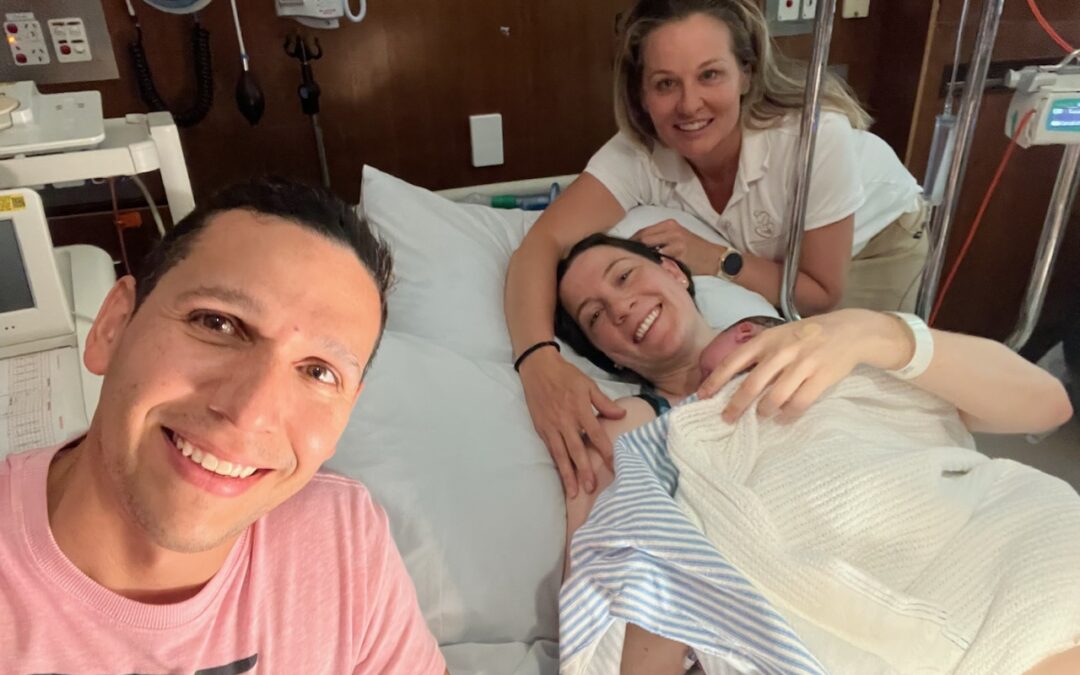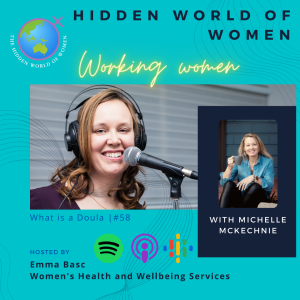
There’s a quiet kind of trauma unfolding in maternity wards every day — subtle, hard to name, but impossible to forget. It can happen when a couple walks into a hospital believing they have choices, only to feel those choices gradually narrowing under the weight of “policy” and “protocol.”
Recently, I was privy to an experience that shines a light on some of the challenges within our maternity system — particularly around the area of breech birth in one of Perth’s major tertiary hospitals.
This couple had done everything they could to prepare; they educated themselves, built a trusted care team with a known midwife and a doula to ensure continuity of care and emotional support. Yet, despite their planning, they faced significant barriers when it came to accessing the vaginal breech birth they had hoped for.
Just days before labour, their midwife became unwell — the one person who had been their steady link to the possibility of a vaginal breech birth. Their confidence began to waver as their familiar care network shifted, and the system around them offered a stream of mixed and conflicting advice which left them feeling confused and vulnerable.
Eventually, with emotional fatigue setting in, they consented to a Caesarean birth. Their final, heartfelt request was simply to have their doula present for support — a source of comfort, advocacy and familiarity. Although initially approved, that support was denied at the theatre door due to space limitations.
The birth that followed, while medically smooth, left lasting emotional impressions: no delayed cord clamping, no immediate skin-to-skin, and little time to pause and take in the moment they had so long anticipated.
It’s hard not to wonder why these small but significant wishes weren’t possible — particularly when their baby was born with an Apgar score of “9”. While I’m not medically trained to answer that, what lingered afterward was a deep sense of grief. Where empowerment should have been, there was an emotional cocktail brewing of mad, sad and defeat.
And as many would say “At least you got a healthy baby.”
Yes, they did — but that doesn’t erase the emotional impact.
When we measure a “successful” birth solely by medical outcomes, we risk overlooking the profound emotional and psychological layers that make birth such a defining human experience. The sense of coercion or loss of agency doesn’t always arrive in dramatic moments — it can unfold quietly, through a series of “you can’t,” “we don’t,” or “it’s policy.” It can leave families questioning whether their instincts were valid and their voices truly heard.
Birth deserves to be remembered as a time of awe, love, and transformation — not one shadowed by doubt or regret.
So, how do we move forward? How do we ensure that women and their partners feel both safe and respected in their autonomy?
Knowledge brings power, agency, and confidence — yet it also exposes the flaws in a system under immense pressure. Sometimes, knowing too much can make it harder to surrender to the process. But perhaps the answer isn’t to know less — it’s to build a system that meets knowledge with openness, not resistance.
So, this isn’t just a rant or an attack, and I get it – it’s easier said than done right?!
As my husband often says, “Don’t come to me with a problem without providing some solutions.” He’s a smart man — and he’s right (as much as it kills me to admit) 😊
That being said – after gathering some suggestions from my trustee doula mentor’s Vicki Hobbs and Kelly Bardon, I believe we need to push for:
- Regular, mandated informed consent training — so every woman can make truly informed choices.
- Simplified pathways for CMP and Private Midwives to gain admitting rights across hospitals — because continuity of care is key to safer, calmer births.
- Mandatory Breech Without Borders training — to support breech birth safely and confidently.
- Mandatory water birth training — so options for physiological birth are supported, not sidelined.
- Safe, transparent systems for reporting coercive behaviour — without fear of professional repercussions.
- Inclusion of doulas and consumer advocates on maternity committees — ensuring families have a seat at the table.
- Fostering respectful collaboration between doulas, midwives and obstetricians — because we’re all working toward the same goal: better, more empowering birth experiences for women and their partners.
My hope is that this incredibly strong couple, in time, will see that they left NO stone unturned. They advocated, they questioned, they loved and fought fiercely through it all. I hope their story forms a part of “the change” or at least gives those who have experienced something similar, know that they are not alone.
If you are a midwife or obstetrician reading this, here is the link for a workshop in Perth, April 27 if you are interested.
Reclaiming Breech Birth Workshop – Wembley WA Tickets, Mon 27/04/2026 at 9:00 am | Eventbrite
Birth should never leave parents feeling powerless. Autonomy matters. Emotional safety matters. And with compassion, education, and collaboration — my wish is to have a maternity system that truly honours both.
Michelle McKechnie
“The Doula”
https://perthdoulaservices.com.au/
Read next: What can women ACTUALLY do to create change?



